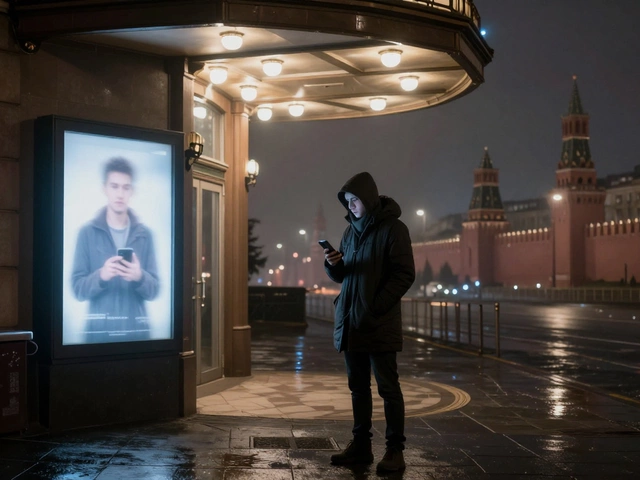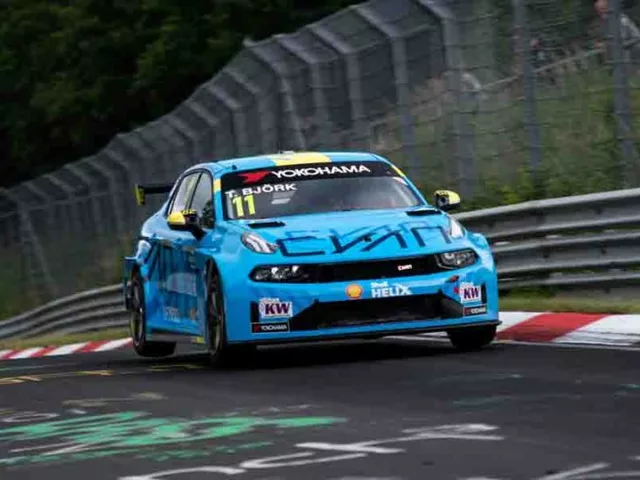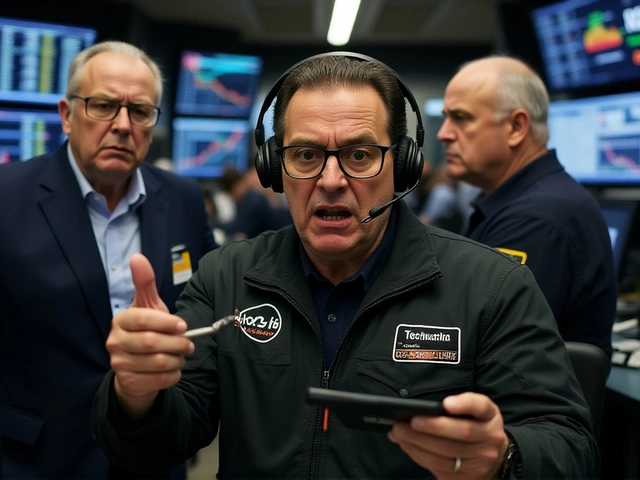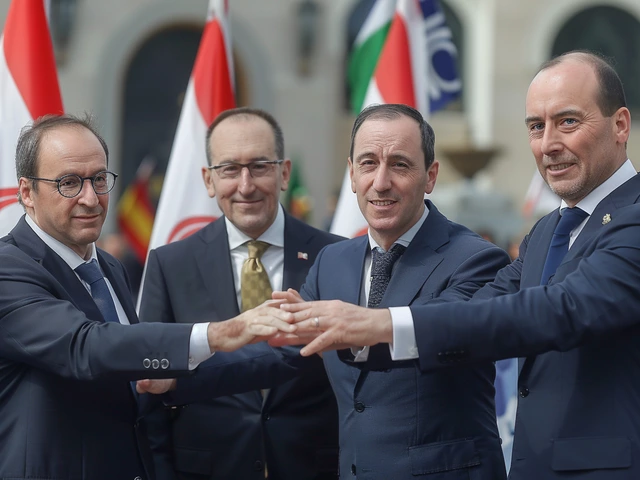On a rain-slicked Tuesday night in Kingston, Jamaica, history was made not with a goal, but with a reversal. Curaçao, a Caribbean island with fewer than 160,000 people, punched its ticket to the 2026 FIFA World CupUnited States, Canada, and Mexico after a 0-0 draw with Jamaica at the National Stadium — a result that sent shockwaves through global football. The twist? A last-gasp VAR decision saved them. And within hours, the losing coach was gone.
The Moment That Changed Everything
With five minutes of stoppage time ticking away, Jamaica’s Isaac Hayden went down in the box under a challenge from substitute Jeremy Antonisse. Referee Ivan Barton from El Salvador initially pointed to the spot. The crowd roared. Jamaica’s players celebrated. The penalty would’ve won it. But then, something unusual happened: Barton, after reviewing footage on the sideline monitor, changed his mind. No penalty. The game ended 0-0. Curaçao advanced.
"Luckily, VAR intervened. That’s what it’s for, but you never know, right?" said Dick Advocaat, the 77-year-old Dutch legend who’s now managing Curaçao. He’s seen it all — Netherlands, Rangers, Zenit, Sunderland — but this? "The craziest thing I’ve ever done in 50 years."
A Team Built in the Netherlands
Here’s the odd part: not a single player on Curaçao’s 23-man roster was born on the island. All were born in the Netherlands, descendants of Antillean families who moved generations ago. Advocaat, who took over in January 2024, made it his mission to tap into that diaspora. "I told them: You’re not Dutch just because you were born in Amsterdam. You’re Curaçaoan because your grandfather came from here," he told reporters after the match.
The strategy paid off. Players like Antonisse, who plays for FC Utrecht, and midfielders from Groningen and AZ Alkmaar suddenly found themselves representing a nation they’d never lived in. The Curaçao Football Federation, based in Willemstad, quietly built a squad with Dutch league experience — and zero homegrown talent from the island itself. It’s not traditional. But it worked.
McClaren’s Exit: A Coach Gone in Hours
Meanwhile, on the other side of the pitch, the fallout was swift. Steve McClaren, the 63-year-old Englishman who coached Middlesbrough and Derby County, was fired by the Jamaica Football Federation mere hours after the final whistle. "Look at Jamaica, Steve McClaren was already gone as national coach a few hours after the draw," Advocaat noted, almost incredulously. "And they hit the post twice and the crossbar once. And then there was the penalty."
Jamaica’s chances were there — two shots rattled the woodwork, another clanged off the crossbar. But in football, as Advocaat knows better than most, one moment changes everything. For McClaren, that moment was the VAR call. For Curaçao, it was salvation.
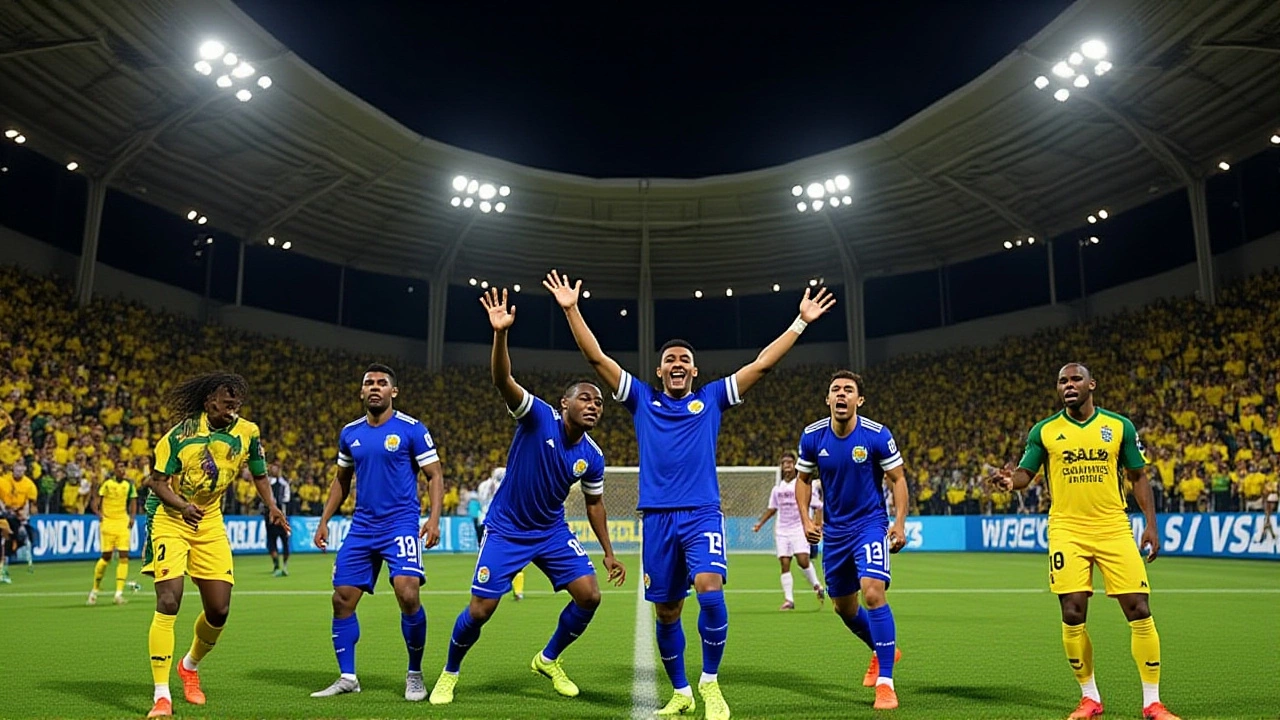
A Nation That Never Was
Curaçao hasn’t played in a World Cup since 1982 — and even then, it was as part of the Netherlands Antilles. That federation dissolved in 2010. Curaçao became a separate FIFA member in 2011, but for years, it was an afterthought in Concacaf. They lost to the British Virgin Islands. They drew with Anguilla. They were the team that barely showed up.
Advocaat changed that. He didn’t just coach. He connected. He told players: "You’re not playing for a tourist island. You’re playing for blood. For ancestors. For your name on a jersey that’s never been there before."
The qualifying path was brutal. They played on muddy fields in Suriname. On cracked concrete in Grenada. In stadiums where the floodlights flickered. "We went to the craziest places," Advocaat said. "Worst pitches. No showers. Sometimes no clean water. But the boys kept believing."
What This Means for the World Cup
Curaçao isn’t just a feel-good story. They’re a new kind of football nation — one built on identity, not geography. Their qualification forces Concacaf to rethink how smaller nations can compete. If you can build a team from a diaspora, why not? The Netherlands has done it with Surinamese and Antillean players for decades. Now Curaçao flipped the script.
They’ll be the smallest nation ever at a World Cup. Smaller than Luxembourg. Smaller than Iceland. Smaller than San Marino. Their entire population fits into one English Premier League stadium. Yet they’re going to the biggest stage on earth.
And they’ll play in the U.S., Canada, and Mexico — a continent where football is growing, not fading. Curaçao’s presence isn’t just symbolic. It’s a statement: football doesn’t need a million people. It just needs a dream.
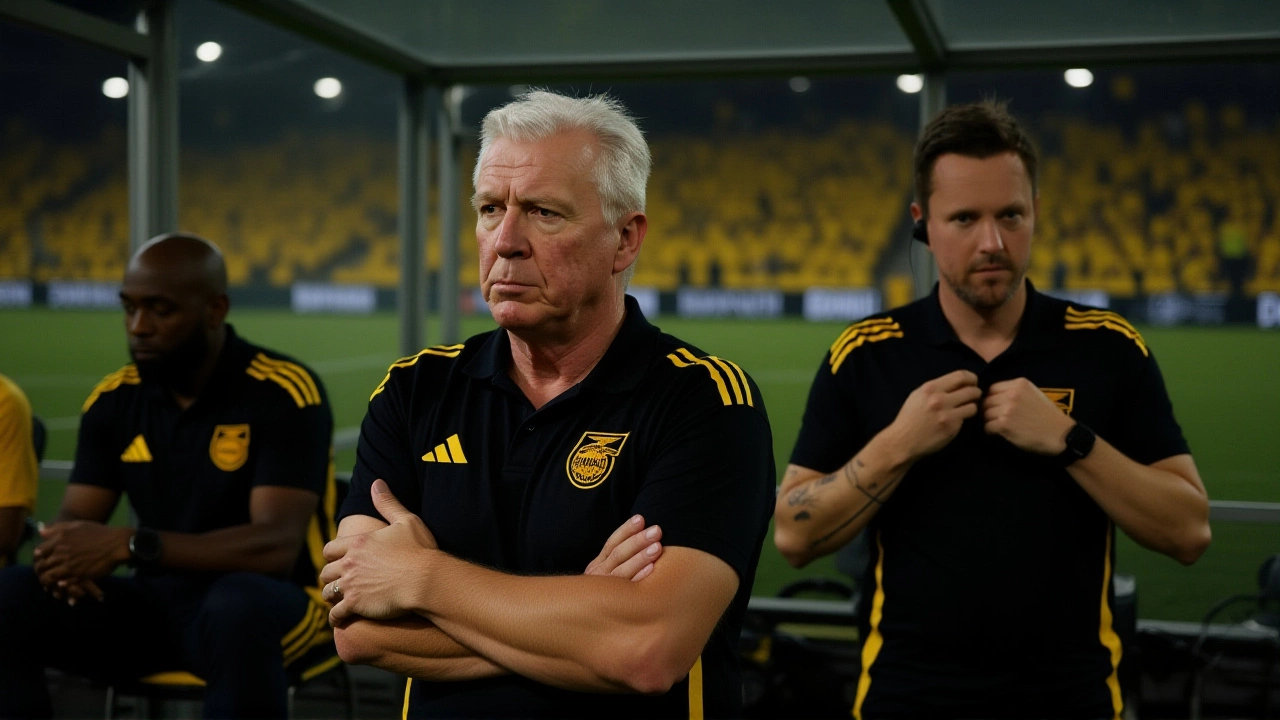
What’s Next?
Curaçao’s group stage opponents for the 2026 World Cup aren’t yet drawn, but they’ll likely face giants — perhaps the United States, Mexico, or a rising powerhouse like Canada. Advocaat says he’s already planning training camps in the Netherlands, where most of his players live and work. "We’ll train in Utrecht, fly to Texas, and play like we’ve got nothing to lose. Because we don’t."
Meanwhile, Jamaica’s search for a new coach is underway. The federation hasn’t named a successor yet, but insiders say they’re looking at former players with Concacaf experience. And in Willemstad, the streets are already decorated with blue and red flags. A nation of 150,000 is preparing to host a World Cup parade.
Frequently Asked Questions
How did Curaçao qualify for the World Cup with such a small population?
Curaçao qualified through a dramatic 0-0 draw with Jamaica in November 2025, secured by a last-minute VAR reversal that canceled a penalty against them. Their qualification was made possible by head coach Dick Advocaat’s strategy of recruiting Dutch-born players with Antillean heritage — all 23 players in the decisive match were born in the Netherlands, not on the island. This diaspora approach turned a population of 150,000 into a competitive squad with professional league experience.
Why was Steve McClaren fired so quickly after the match?
McClaren was dismissed by the Jamaica Football Federation within hours of the final whistle, despite Jamaica hitting the post twice and crossbar once. The team’s failure to convert chances — compounded by the controversial VAR decision — led to a loss of confidence in his leadership. Though no official statement was released, sources close to the federation indicated the result was the final blow after a disappointing qualifying campaign marked by inconsistent performances.
Is Curaçao’s team considered legitimate under FIFA rules?
Yes. FIFA allows players to represent a nation if they hold citizenship through birth, ancestry, or residency. All Curaçao players were eligible through Antillean descent, and the Curaçao Football Federation submitted proper documentation. The team’s composition is unusual but entirely legal — similar to how Switzerland fields players with African roots or England has players with Jamaican heritage.
What’s the significance of Curaçao’s World Cup appearance?
Curaçao becomes the smallest nation ever to qualify for the World Cup, surpassing Iceland (population 360,000) and Luxembourg (640,000). It’s also their first appearance as an independent nation since the dissolution of the Netherlands Antilles in 2010. The achievement redefines what’s possible for micro-nations in global football and highlights the growing power of diaspora identity in international sports.
Where will Curaçao play their World Cup matches?
The 2026 World Cup will be hosted across 16 cities in the United States, Canada, and Mexico, with matches in places like Los Angeles, Toronto, and Mexico City. Curaçao’s group stage opponents haven’t been drawn yet, but they’re expected to face at least one of the host nations. Their matches will likely be played in larger venues, but their fans — many of whom live in the Netherlands — are already planning travel and fan zones in cities like Amsterdam and Rotterdam.
Did the VAR decision have any precedent in World Cup qualifying?
Yes. In 2022 World Cup qualifying, a similar VAR reversal in a match between Panama and the United States saved Panama from a late penalty. But never before has such a decision directly decided a World Cup berth for the smallest nation in history. The Curaçao-Jamaica incident is now studied by FIFA’s refereeing committee as a landmark case in VAR’s impact on high-stakes qualifiers.

